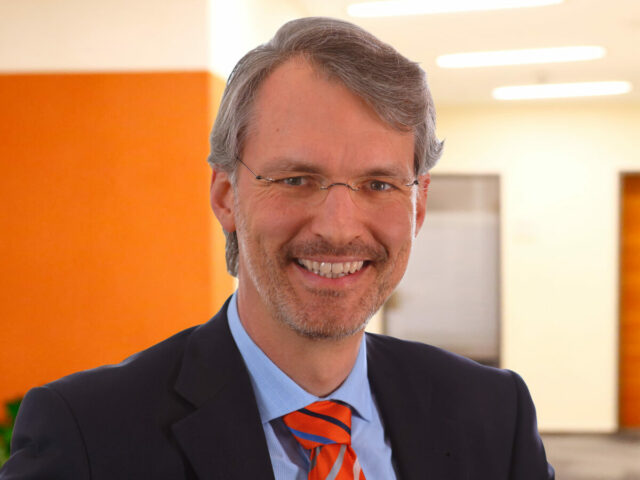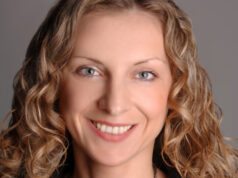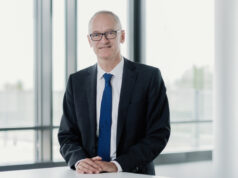INTERVIEW with Helge Wulsdorf, Head of Sustainable Investments at the Bank for Church and Caritas eG (BKC). For further expert opinions please use the question-level hyperlink.
| Many jurisdictions currently work on ESG-related standards aiming at leadership in the field. What impact do you expect from the competing standards, and what will it mean for asset owners in terms of ESG investing efficiency?
Indeed, ESG is one of the most debated topics in investing right now. It shows that ESG has arrived on the market. No asset manager or asset owner can escape this issue. The reason for this is the European regulation, which is a key driver of this development, as from next year it must be disclosed in accordance with the Disclosure Regulation how ESG criteria are implemented in capital investments. How this has to be done in detail and to what extent is left open by EU regulation. So it does not set a standard for the integration of ESG. There are only cornerstones that indicate that certain central ecological and social criteria, such as climate change and labor and human rights violations, play a role. This puts the ball in the corner of the asset manager and asset owner. They have to develop structures and processes with which they want to integrate ESG criteria into their investments. Since there is no “silver bullet” here, every house has to find its own way. This will lead to a competition for the quality and transparency of ESG integration, which will certainly enrich the sustainable finance market. Hopefully, high-quality approaches will prevail in the end.
For sustainable finance, it will be crucial that the implementation of ESG is understandable and ultimately also comparable. This is the only way to win customers for ESG products. You need to know what is being achieved with the financial products offered, and how, in terms of ESG sustainability criteria. The quality of such products should pay off here. Of course, this means for the providers that they have to meet quality requirements for the integration of ESG and also create corresponding structures and processes in-house. ESG is a multi dimensional issue that affects various in-house areas and departments that implement ESG in a coordinated manner. In other words: the financial service providers will have to invest here. The integration into all business processes and the creation of acceptance among the people involved take up a lot of time and manpower. This is the only way to find intellectually sophisticated solutions for which there is no standard. ESG is simply not part of an investment that can be implemented overnight.
| The Forum for Sustainable Investments (FNG, Germany) recently released a report on sustainable investments focusing on ESG integration-related qualitative requirements in asset management, co-authored by you. Would you please elaborate on the key-findings?
The fact that there is no standard procedure for integrating ESG into capital investments was one of the reasons that the FNG, as a professional association for sustainable investments in German-speaking countries, took up the topic in a survey. The aim of the survey was to look in which direction a market standard has to develop in order for ESG to become a quality feature of capital investments. We published the survey results in the FNG special “Responsible Investments”. The responses of the 54 asset managers and asset owners, who represent around 95 percent of the assets recorded by the FNG in the amount of 1.7 trillion euros, show that ESG integration already covers a large part of the classic investment universe.
As an investment strategy, ESG integration is already an integral part of most funds in terms of numbers. Another result is that isolated solutions still predominate, as systematic integration of ESG into the technical IT systems has not yet been achieved. Even if ESG reporting on responsible investments is not very well developed, there are already pioneers who go beyond the market standard in terms of transparency and quality.
| Based on your research and experience as an asset owner, what are your key suggestions to spot greenwashing and misleading practices in asset management?
| brief bio
Dr. Helge Wulsdorf is the
〉Head of Sustainable Investments at Bank for Church and Caritas (Bank für Kirche und Caritas) eG since 2003
〉Board Member at Forum Nachhaltige Geldanlagen (FNG, industry association promoting sustainable investment in Germany, Austria and Switzerland)
〉Member of the Sustainable Finance Advisory Board of the German government








